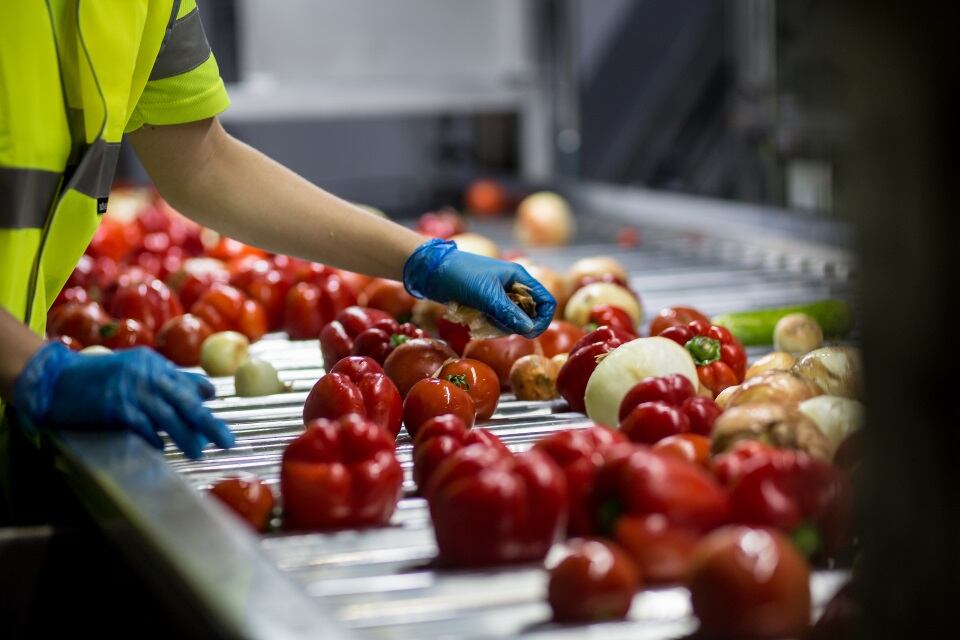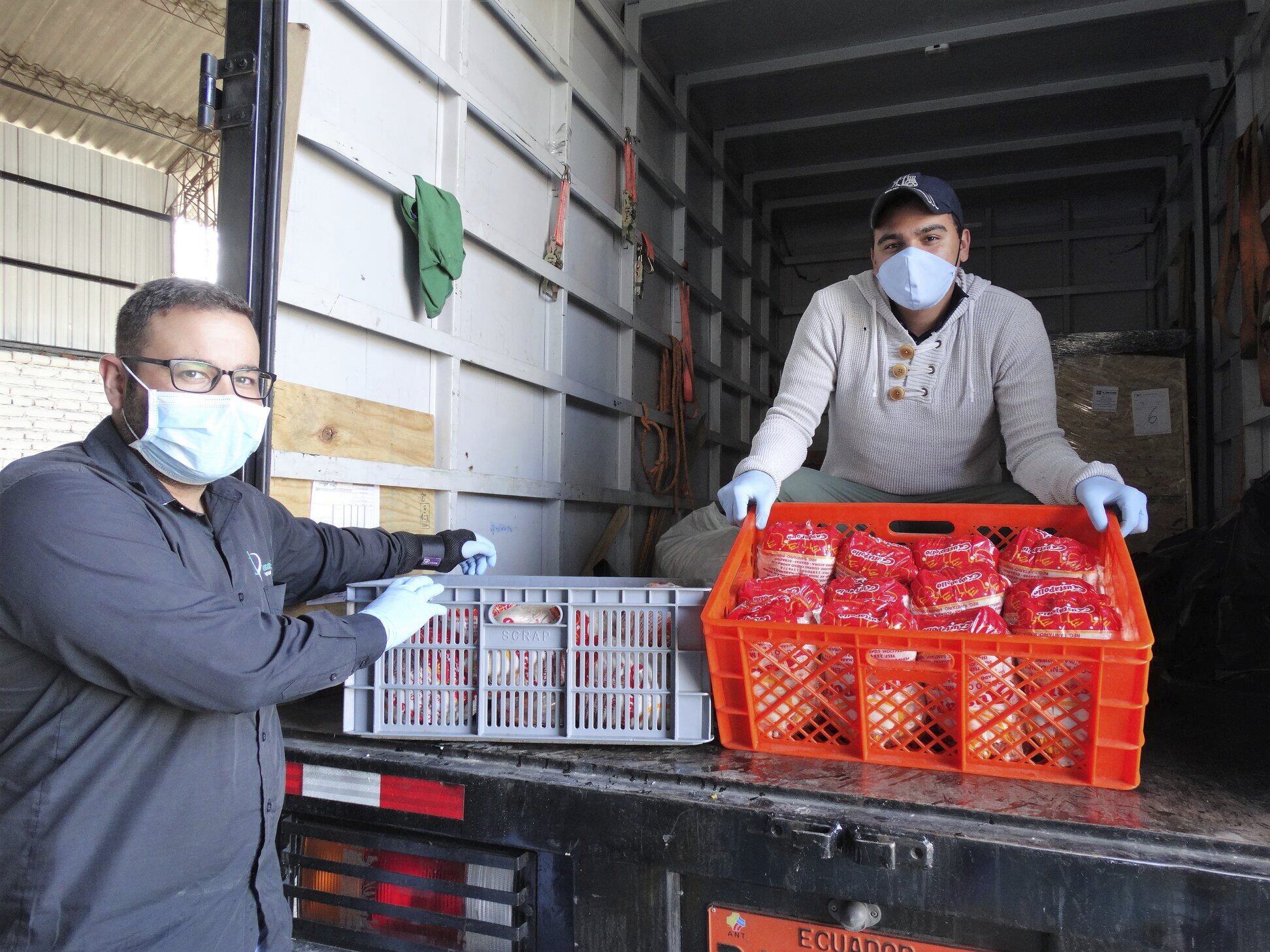Production at the new plant, LaCocina de Alvalle, has already begun and it has a capacity of more than 25m litres of gazpachos this summer season.
The 40,000m square meter Spanish facility, located in Alcantarilla, Murcia, includes three production lines, which can be extended to four. It will enable the Alvalle brand to produce 50% more than its previous plant.
Supporting local sourcing
The new plant has also designed to ‘produce more using fewer resources’. From the fields to the final packaging, PepsiCo said all processes have been designed to be much more efficient and environmentally sustainable.
The premium refrigerated gazpacho brand leverages the ‘best fresh raw materials’ combined with process innovation to ‘guarantee maximum freshness’. Each year, Alvalle uses around 29 million kilos of vegetables of 100% local origin, sourced within a radius of 200km from the plant.
The tomatoes, peppers and cucumbers are picked in the fields of Murcia, Alicante and Almería; the onion in Valencia and Córdoba; and the 100% extra virgin olive from Córdoba and Jaén. PepsiCo said 98% of vegetables are picked by hand, generating around 500 indirect jobs in agriculture.
Sustainability by design
In line with its focus on sustainability, the new plant has the ‘highest standards of efficiency and innovation’. The company elaborated that it is designed to use the minimum amount of natural resources required – with a particular focus on water use.
Victor Pérez, Supply Chain Director, PepsiCo South West Europe, explained: "In the design of the new Alvalle production facility, sustainability has been one of the key parameters. We are well aware of the water shortage in Murcia and our intention is not only to minimize the water needed for the production of gazpacho but also to return 100% of the water used to the Segura basin.”
In the last ten years, Alvalle has reduced water consumption by 60% and energy consumption by 37%. In addition, the Alvalle brand has also reduced electricity consumption by 45% and gas consumption by 55%.
Now with the sustainable design of the new plant, the application of technology, and the cutting-edge equipment, its operation will be ‘even more efficient’, PepsiCo said. The business expects to reduce water consumption by an additional 30% and energy use by a further 20%.
This has been achieved by using natural lighting and highly energy efficient equiptment. The new plant uses electricity from 100% renewable sources and incorporates high-efficiency boilers with heat recovery, high-efficiency cold systems, solar panels for hot water and photovoltaic panels for electricity generation.
Alongside the recovery of rainwater, which is used for garden irrigation and road cleaning, the production site also uses automated, high-efficiency water purification and a system of control and monitoring of all energy and water consumption from the process lines.
The plant produces ‘virtually zero waste’, PepsiCo added.
Growing in Spain and Europe
The new plant, production capability and investment is in-line with PepsiCo’s plan to grow the Alvalle brand in Spain and beyond.
Currently, more than 50% of Alvalle production is exported to European countries such as France, Belgium, Portugal, Germany, the Netherlands and the United Kingdom. The main international market for Alvalle is France, where the brand is the leader in the cold soup category.
Alvalle said it aims to extend its presence both in the internal Spanish market and in other international markets, supporting the increase in vegetable consumption and making the brand an ‘ambassador for the Mediterranean diet and Spanish cuisine’.
Alvalle is positioned to respond to the growing number of consumers who want to follow a healthy diet but have little time to cook, according to the company.



